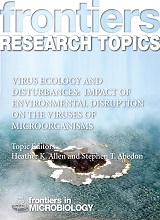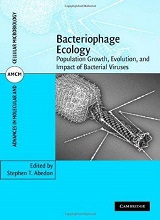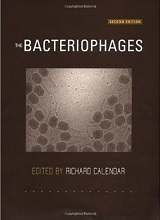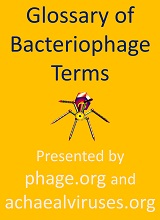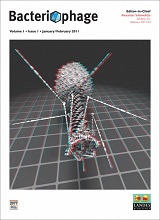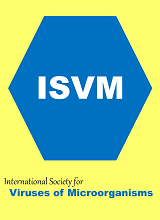
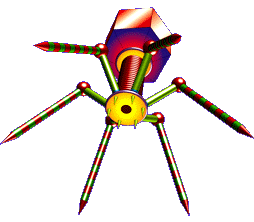
Biased reproductive success that is based on an organism's ability to compete at an environment's carrying capacity.
K in the logistic growth equation is carrying capacity, which is a characteristic of environments defined as the maximum density of a given population that can be sustained in one location in perpetuity.
A K selected organism, consequently, is one that has succeeded in substantially enhancing its ability to sustain itself at carrying capacity. What this means is that these organisms are good competitors within mature environments and that their tendencies to destroy their environments, thereby making those environments unsuitable for themselves, are small. Note, however, that the idea of K selection is somewhat dated, and though an interesting concept to think about, it has turned out to be not so useful scientifically. Contrast with r selection.
The "ideal" K selected species has the following characteristics: long generation times, production of few progeny each of which has been substantially invested in by the parent, not necessarily a high potential to move to colonize new environments, a poor ability to translate high resource availability into rapid population growth rates, biases in resource allocation towards longer-term survival rather than high reproductive output in the short term, and tendencies to thrive within environments that have not been recently disturbed (e.g., old-growth forests).
K selected species, in short, typically are the charismatic organisms that people are willing to invest substantial resources into saving from extinction. Note, though, that the concept of K selection is somewhat complicated since numerous long-lived species that in fact do produce large numbers of offspring to which little parental investment is made, e.g., various trees along with certain long-lived aquatic invertebrates. Gorillas, by contrast, are the "poster" organisms for K selection. Keep in mind nonetheless that the concept of K selection is not highly regarded among many biologists.
For more on this topic, see Wikipedia and Google. Contact web master. Return to home.
